Given the size of the University of Michigan’s Ann Arbor campus — with more than 85,000 students, faculty and staff — we would not be able to function efficiently, much less succeed as a world-class public institution, without the support, collaboration and planning of our partners in the greater Ann Arbor area.
U-M regularly works with both the city and local community in the following ways:

The M-Ride Program, a partnership between the University of Michigan and Ann Arbor Area Transportation Authority (AAATA), enables U-M faculty, staff and students to ride free of charge AAATA buses any time of the day/week and anywhere within the fixed-route bus service. The university provides an annual payment for this service, which helps AAATA leverage additional federal financial assistance by including ridership from the U-M bus system into community-wide transit counts.
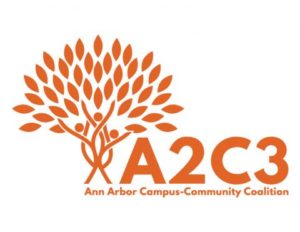
Ann Arbor Campus Community Coalition (A2C3) promotes a safe community for youth, nondrinkers and those in recovery. The coalition does this by limiting access to alcohol using community intervention strategies; building community capacity around alcohol awareness, prevention and treatment; and changing the campus and community culture surrounding the inappropriate promotion of and use of alcohol.
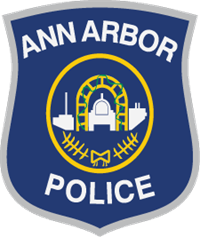
The Ann Arbor Police Department (AAPD) and the University of Michigan Division of Public Safety and Security share information and work collaboratively on crime in the Ann Arbor area and when needed, establish task forces to address important concerns. Together the Department and Division provide information to off-campus residents through the Beyond the Diag program. During major U-M events, the AAPD is an important partner in addressing security and traffic issues, most notably those at Michigan Stadium.

Numerous Schools and units within the University and Health System have programs operating with the Ann Arbor Public Schools. A few examples include: UM students providing Spanish instruction to 3rd and 4th graders. The Mitchell-Scarlett partnership through the School of Education providing ESL and digital literacy instruction. The Depression Center collaborates with local teachers on depression awareness and suicide prevention education. Health System collaboration is exemplified by Project Healthy Schools which provides middle school based efforts to reduce childhood obesity and encourage healthier eating choices.

Ann Arbor SPARK
supports high tech and innovative businesses, jobs and investments in the greater Ann Arbor region. U-M is a significant financial contributor supporting the operations of this regional economic development agency. In addition, U-M tech transfer and business engagement activities are prime sources for launching new companies and supporting the talent needs of existing local firms.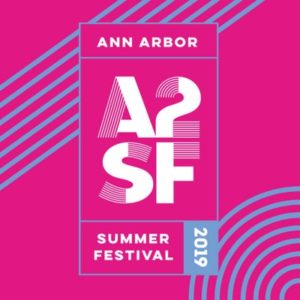
The U-M and Ann Arbor are founding partners of the Ann Arbor Summer Festival (AASF), a world-class celebration of arts and entertainment that enriches the cultural, economic and social vitality of the Ann Arbor region. This popular three-week indoor/outdoor live music and arts festival is hosted near the heart of the campus.
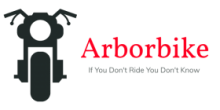
The University pledged $600,000 to help cover operations for the first three years of ArborBike, a community bicycle-sharing program. Numerous stations will be located across the U-M campus for ArborBike, managed by The Clean Energy Coalition and served by equipment vendor B-Cycle. The CEC is working in partnership with the Ann Arbor Area Transportation Authority and the City of Ann Arbor for funding support as well as assistance with the location of stations.
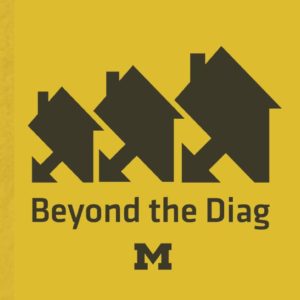
Beyond the Diag (BTD), is a student-initiated program that creates a sense of community between U-M students and residents of Ann Arbor. Off-campus students live in one of 12 BTD neighborhoods on either North or Central Campus. Throughout the year, they hold events that help students get to know people living in their neighborhoods while providing information and connecting them to resources at the university that will improve student wellness and safety off-campus.
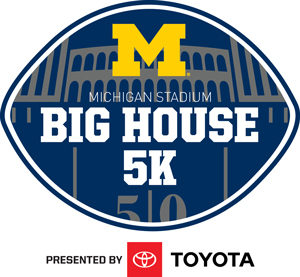 The Big House 5K: Trail to the Victors is a University of Michigan campus run/walk that ends on the 50-yard line of Michigan Stadium. This event is hosted to raise awareness for six local, non-profit organizations. All race proceeds are split among the beneficiaries. 2018 beneficiaries include: Cancer Support Community of Greater Ann Arbor, The Family Learning Institute, Ozone House, Regional Alliance for Healthy Schools, SafeHouse Center, and Ypsilanti Meals on Wheels.
The Big House 5K: Trail to the Victors is a University of Michigan campus run/walk that ends on the 50-yard line of Michigan Stadium. This event is hosted to raise awareness for six local, non-profit organizations. All race proceeds are split among the beneficiaries. 2018 beneficiaries include: Cancer Support Community of Greater Ann Arbor, The Family Learning Institute, Ozone House, Regional Alliance for Healthy Schools, SafeHouse Center, and Ypsilanti Meals on Wheels.
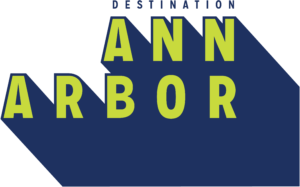
(Formerly Ann Arbor Area Convention and Visitors Bureau). More than 53 percent of visitors to the greater Ann Arbor area will visit for reasons related to the University of Michigan. Destination Ann Arbor and the University work together to leverage campus-based opportunities such as academic conferences, athletic events and campus visit admissions programs for a positive impact on the local economy.
The Regional Alliance for Healthy Schools exists to provide school-based health programs and clinical services that improve the well-being of students, their families and communities. The program is available to select schools in the Ann Arbor, Ypsilanti and Lincoln School Districts. The U-M Health System provided free care to more than 3,178 young patients last year in the eleven school-based clinics it operates.
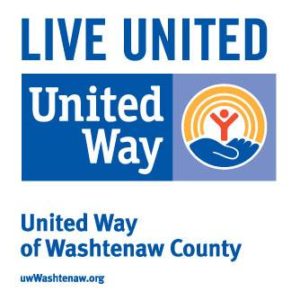
The United Way of Washtenaw County Campaign demonstrates a strong connection between the University of Michigan and the community. For the past 50 years, U-M staff, faculty and students have pledged more the 35 million dollars to the campaign; improving the lives of so many of those in need in the community.

The University Musical Society (UMS) is one of the oldest performing arts presenters in the country, committed to connecting audiences with performing artists from around the world in uncommon and engaging experiences. UMS contributes to a vibrant cultural community by presenting approximately 60-75 performances and more than 100 free educational activities each season; focusing on K-12 students, teachers, teens, university students, families, adults, and cultural and ethnic communities.
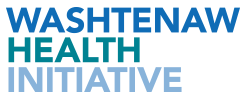
The Washtenaw Health Initiative (WHI) is a voluntary collaborative that focuses on facilitating access to health care for low-income residents. WHI is co-sponsored by the University of Michigan Health System and St. Joseph Mercy Health System and is a coalition of 40 different organizations that have signed a charter that commits staff time to work on the core issues of WHI. Staffing is provided by the Center for Healthcare Research and Transformation which is an independent 501(c)3 nonprofit hosted by U-M.
Dozens of student organizations and thousands of students annually engage with organizations throughout the community for impactful, educational experiences while donating time, commitment, and passion. Many efforts are coordinated through the Ginsberg Center for Community Service and Learning or the Community Engagement office at Michigan Athletics. While capturing all the experiences would fill pages, below are just a few examples of ways Michigan students have recently engaged within the Ann Arbor community.
Humane Society of Huron Valley and Students: Student volunteers help the Humane Society of Huron Valley through shelter cleaning, administrative support, foster care, dog walking, cat comforting, and many other opportunities.
Dance Marathon: The largest student run non-profit organization and event on campus is Dance Marathon. Its efforts provide support for pediatric care at both C.S. Mott Children’s Hospital and William Beaumont Hospital. In 2017 hundreds of student dancers raised more than $500,000 to help kids.
C.S. Mott Children’s Hospital – For more than 20 years non-profit organization ‘Michigan From the Heart‘ has sponsored visits from U-M student athletes to the hospital, providing support for patients and their families.
Food Gatherers Food Drive: Led by the football team, 9 teams competed in a food drive to help fight local hunger. Their efforts donated over 5,700 meals, providing help to those in need through Food Gatherers, a local food bank program.
Girls and Women in Sports Day: 50 student-athletes across 7 teams ran a clinic for over 100 local kids supporting a national movement to increase the number of girls that participate in sports.
Ann Arbor Public Schools: U-M student athletes partner with AAPS to engage with and inspire students of all ages through multiple means including classroom readings and Q & A sessions.

